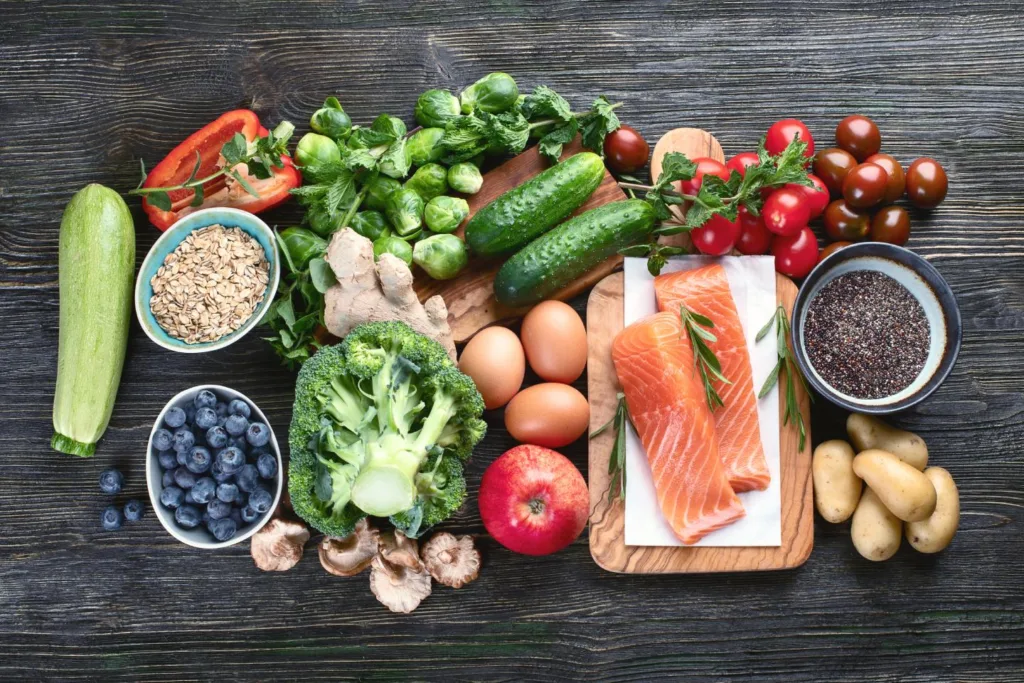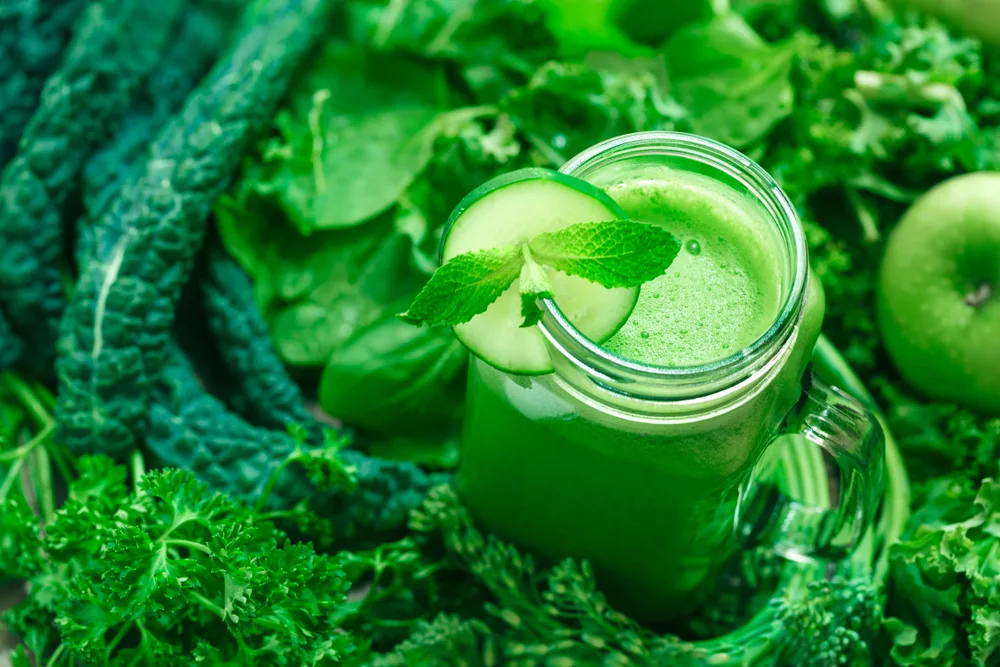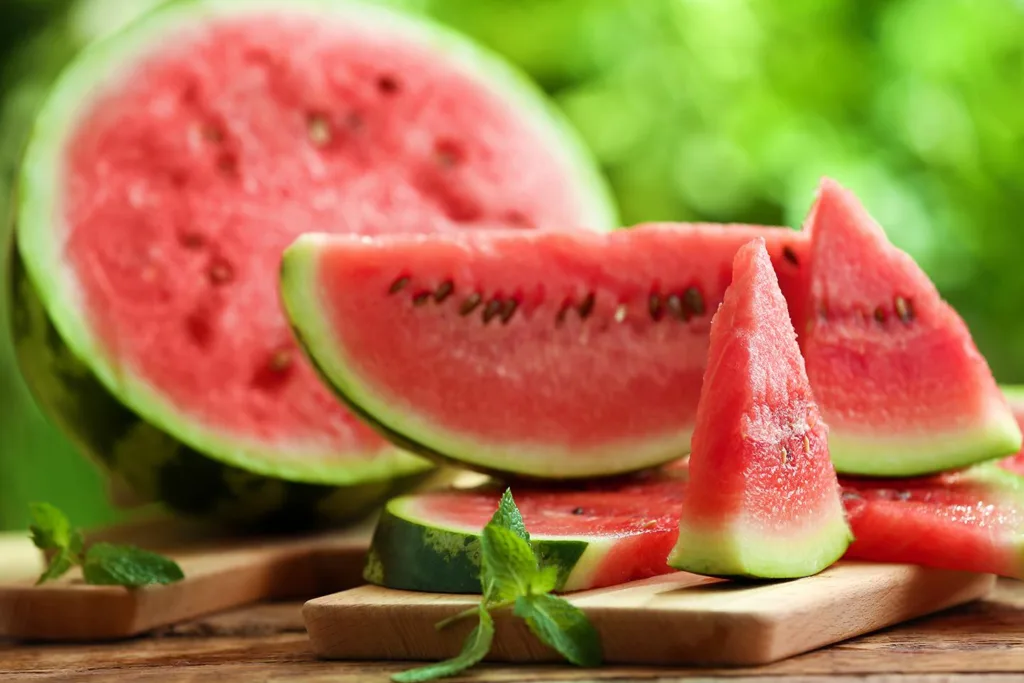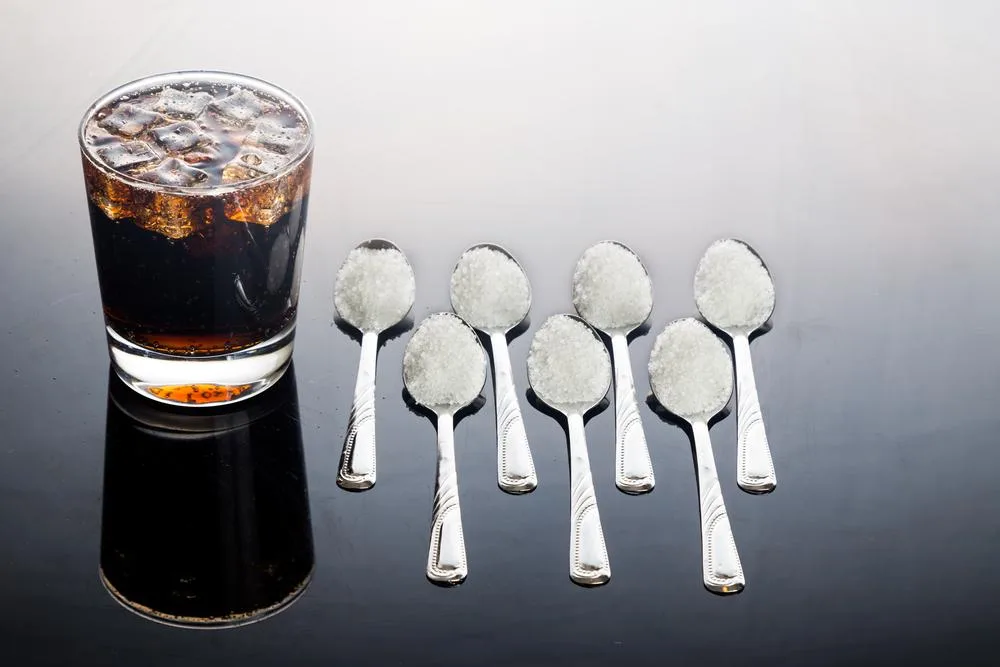Table of Contents
Navigating dietary choices for people with diabetes requires a thoughtful approach to ensure stable blood sugar levels, especially in choosing fruits. The sweet taste of pineapple raises the question of how it affects blood sugar levels and “Is pineapple good for diabetics.”
This article will take a closer look at the interplay between pineapple and diabetes and bring valuable insights.
The glycemic index of pineapple
Understanding the glycemic index of various foods is crucial in managing blood sugar levels. Pineapple is a tropical, exotic fruit extensively cultivated in South America and known for its exceptional flavor, enticing aroma, juicy texture, and natural sweetness. You can eat it fresh or turn it into other foods.
One question is often asked: “Do pineapples have carbs?”, and the answer is yes. Pineapples contain carbohydrates in the form of natural sugars, which contribute to their glycemic index (GI). The GI determines how quickly carbohydrates in foods are digested, which affects blood glucose levels. High GI index foods cause a faster rise in post-prandial sugar levels.
Pineapple’s glycemic index ranges from 51 to 73 (1), which means the GI of pineapple falls into the moderate to high range (2). Pineapple’s glycemic index varies based on factors such as origin, ripeness, and preparation (3). Generally, ripe pineapples tend to have a higher glycemic index as the sugars increase as the fruit ripens (4).
Pineapple’s glycemic load
Besides glycemic index, glycemic load (GL) is another factor we must consider in managing blood sugar levels. The pineapple’s glycemic load per 100 grams is low (8.6) (1). It’s also influenced by the type of carbs present and how they interact with fiber, fats, protein, and other components in the fruit (5, 6, 7).
The form of pineapple may influence its glycemic load. Pineapple juice might have a higher glycemic load than whole pineapple because the juicing process removes some of the fiber in the fruit, which leads to a faster release of sugars into the blood (8, 9). Therefore, those managing blood sugar should eat pineapple cautiously and consider its sugar content and potential impact on blood sugar.
How much sugar is in pineapple?
Pineapple’s attraction lies in its taste due to the presence of sugars that contribute to its delectable flavor profile. Thus, finding an answer to the question “How much sugar does pineapple have?” is essential for people managing their sugar intake.
The sugar content of pineapple varies depending on factors like its ripeness and serving size (10). On average, a cup of fresh pineapple (around 165 grams) contains 16.3 grams of sugar (11). This sugar comes from naturally occurring sugars like sucrose, fructose, and glucose (12, 13).
Volatile compounds in pineapple decide its flavor. These compounds easily become vapor and aromas, creating the complex mix of ‘flavors’ characteristics in pineapple (14).
Apart from the sugar content, pineapple offers essential vitamins, minerals, and fiber (11, 15). These components contribute to the overall nutritional value, making it a favorable option for those looking to enjoy a sweet and flavorful treat while nourishing their bodies.
Pineapple and diabetes
“Can diabetics eat pineapple?” and “Does pineapple raise blood sugar?” are common questions among people with type 2 diabetes because of their potential impact on blood sugar levels. Understanding the interplay between pineapple and diabetes is crucial for making choices that align with your blood sugar management.
How much pineapple can a diabetic have?
Although natural sugars in pineapples are not harmful, they potentially influence glucose levels—leading to a gradual increase in blood sugar levels if overeating them (16).
There is no one-size-fits-all answer to the question of how much pineapple a diabetic can have. Determining the right amount of pineapple for a diabetic diet requires careful consideration. It depends on an individual’s specific dietary needs, blood sugar control goals, overall health, insulin sensitivity, and overall carbohydrate intake.
Although pineapple’s glycemic index is moderate, portion control plays a crucial role. A general guideline is to consume pineapple in moderation and as part of a well-balanced meal plan. For individuals with diabetes, it is advised to eat ¾ cups or around 158 grams of pineapple per day (17).
A healthcare professional or a registered dietitian can provide you with a personalized diet plan that matches your specific health needs and blood sugar control goals.
Is pineapple juice good for diabetics?
Although pineapple juice has a wonderful flavor, it poses a question of whether it is good for diabetics. Pineapple juice, while convenient and flavorful, can be more concentrated in sugars than whole fresh pineapple. The absence of fiber in pineapple juice can lead to quicker spikes in blood sugar. Besides, packed juices differ because they might have added sugars (8, 9). When you opt for pineapple juice, you should choose natural, unsweetened, and unprocessed options, just like fresh pineapple, which contains bromelain that may help enhance digestion, reduce inflammation, and promote wound healing in those living with diabetes. However, it must be consumed in moderation and mindfully.
How much sugar is in a fresh pineapple?
On average, a cup of fresh pineapple (around 165 grams) contains around 16.3 grams of sugar. However, the sugar content can vary depending on factors like the size and ripeness of the pineapple. It’s worth noting that this sugar is predominantly natural sugars—different from added sugars found in various packed fruit juices.
Does fresh pineapple raise blood sugar?
Fresh pineapple, like many fruits, contains natural sugars. Consuming fresh pineapple can cause a gradual increase in blood sugar levels. However, the extent of the upsurge can vary depending on factors like portion size and an individual’s metabolic response.
Does pineapple help lower blood sugar?
Pineapple is a nutritious fruit, but it’s not typically considered a food that actively lowers blood sugar. In fact, due to its natural sugar content, consuming pineapple can lead to an increase in blood sugar levels, especially if consumed in excessive quantities. If you’re looking to lower your blood sugar levels, it’s essential to focus on a balanced diet, regular physical activity, and monitoring your carbohydrate intake.
Is pineapple good for diabetes and cholesterol?
Pineapple can be included in a balanced diet for diabetes and cholesterol management but in moderation. It provides fiber and essential nutrients, including vitamins, minerals, and antioxidants. Because portion control is vital for those with diabetes, you should consult healthcare professionals or dietitians for personalized diet guidance.
Who should not eat pineapple?
Individuals with pineapple allergies and sensitivities, or who have pollen allergies that might cross-react with pineapple, digestive discomfort from bromelain, medication interactions, or specific dietary restrictions, should be cautious or limit pineapple consumption. Consulting a healthcare professional is advisable for those with concerns or have adverse reactions.
What fruits are good for lowering blood sugar?
Fruits generally good for lowering blood sugar levels include berries, citrus fruits, apples, cherries, pears, kiwis, and avocados. These fruits are high in fiber, vitamins, and antioxidants while having a lower impact on blood sugar. However, portion control is important, and individual responses can vary. Monitoring and consulting with a healthcare professional or dietitian is recommended.
Summary
The discussion about pineapple and diabetes focuses on some key factors, including the question of “Is pineapple good for diabetics?” and an understanding of the glycemic index of pineapple. Pineapple is naturally sweet and rich in flavor because it contains sugars. Its glycemic index ranges from 51 to 73, and a low glycemic load of 8.6.
Therefore, people with diabetes can include pineapple in their diet as part of a balanced diet—¾ cups (or around 158 grams) per day is recommended. However, it’s best to consult healthcare professionals to know exactly how to incorporate pineapple into your daily diet.

















Comments
0